
The Culture Is in Chaos and Decline.
Where Have All the Tried Prophets Gone?
Insights, teachings, and updates from Dr. Ron Campbell

Where Have All the Tried Prophets Gone?
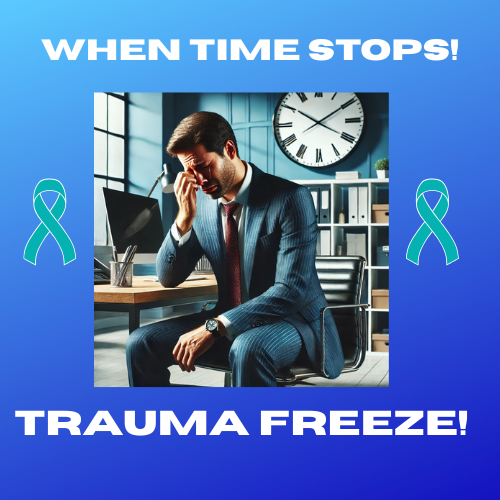
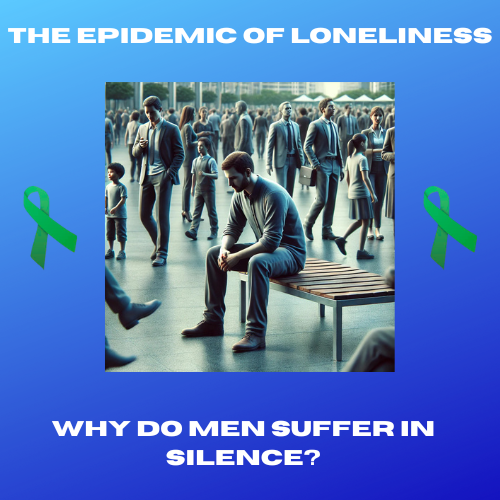
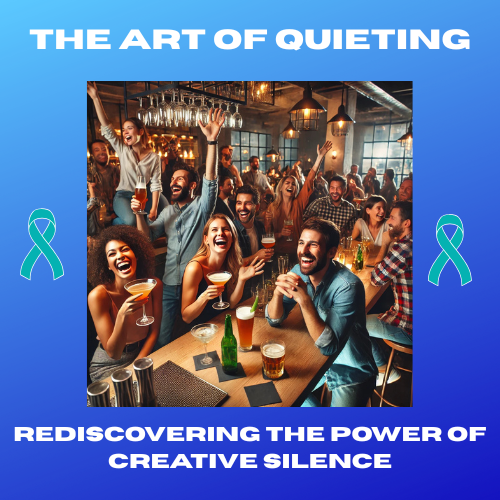
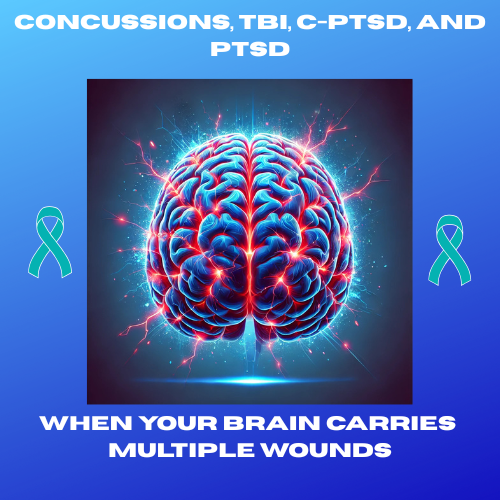
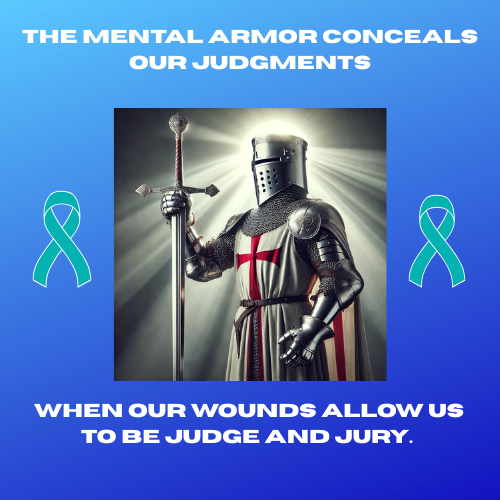

The Shame and Invisible Wound.
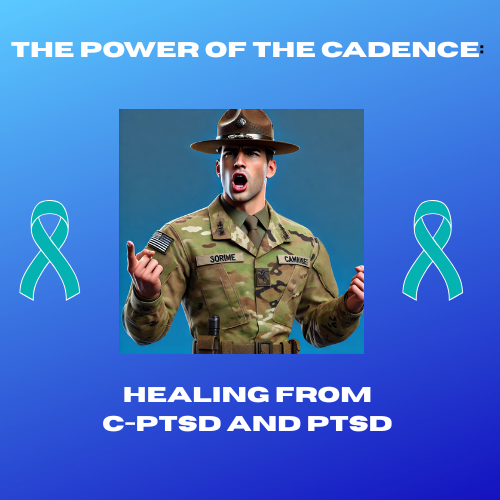
The same rhythm that broke you down can build you back up.

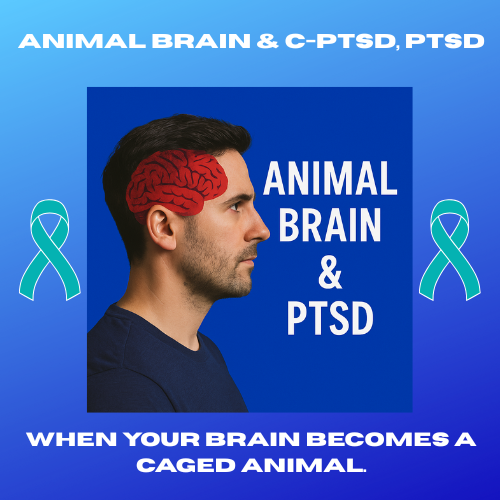
The path back to feeling safe in your own skin
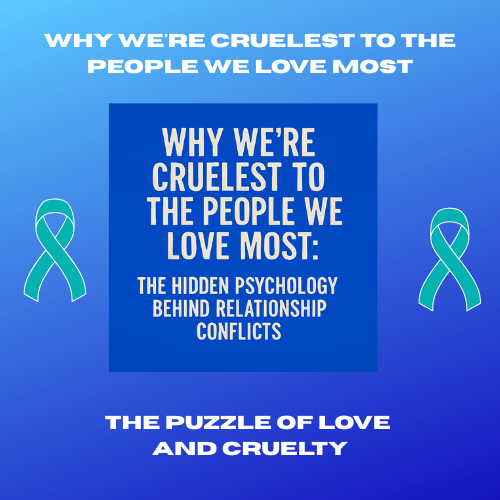
The Hidden Psychology Behind Relationship Conflicts
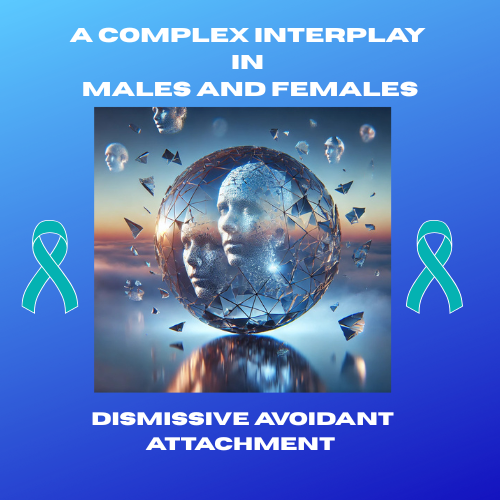
A Complex Interplay
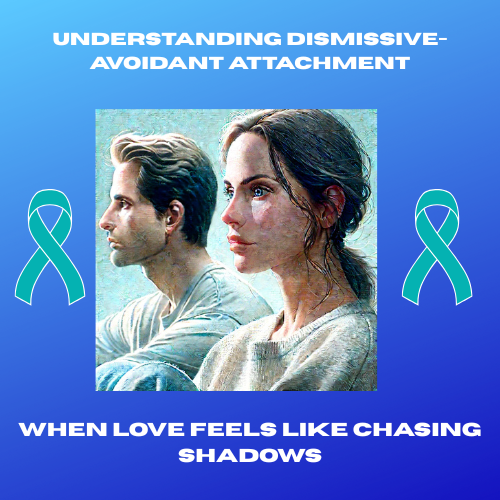
Understanding dismissive-avoidant attachment
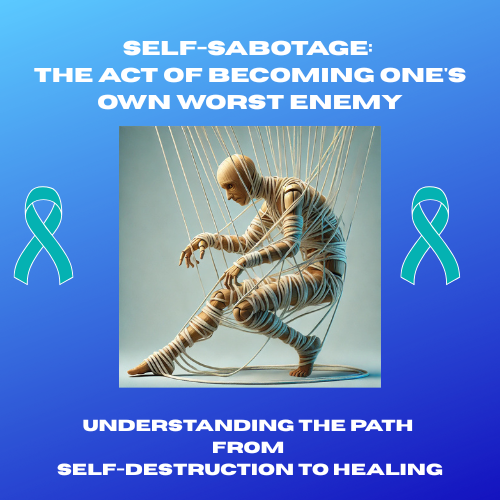
Understanding the path from self-destruction to healing
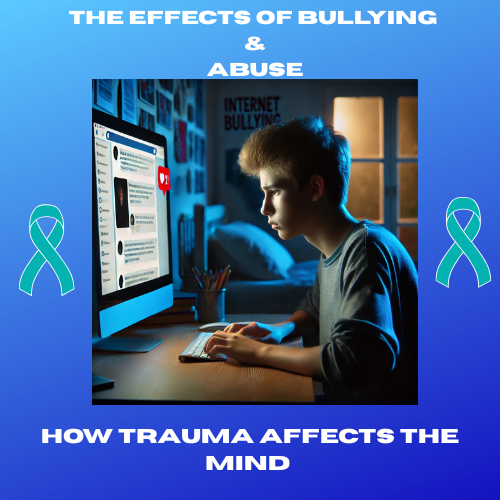
How Trauma Affects the Mind and the Body: Muscle and Organ Memory.
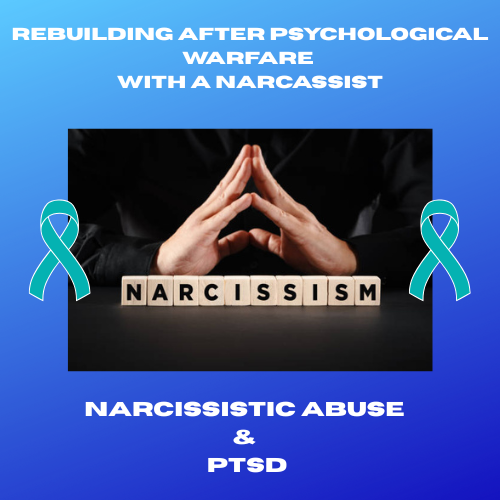

“The only thing we have to fear is fear itself.” Franklin D. Roosevelt
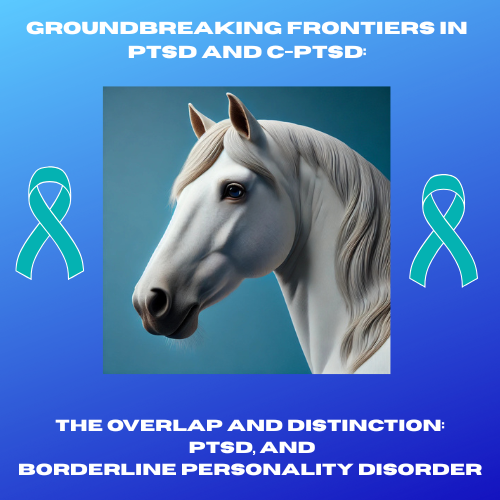
We are exploring new paths to healing.
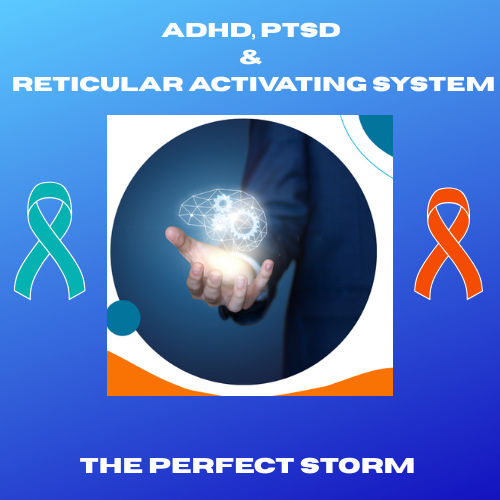
The Perfect Storm: RAS amplifies threats.

Subscribe to our newsletter for exclusive insights, updates, and prophetic messages.